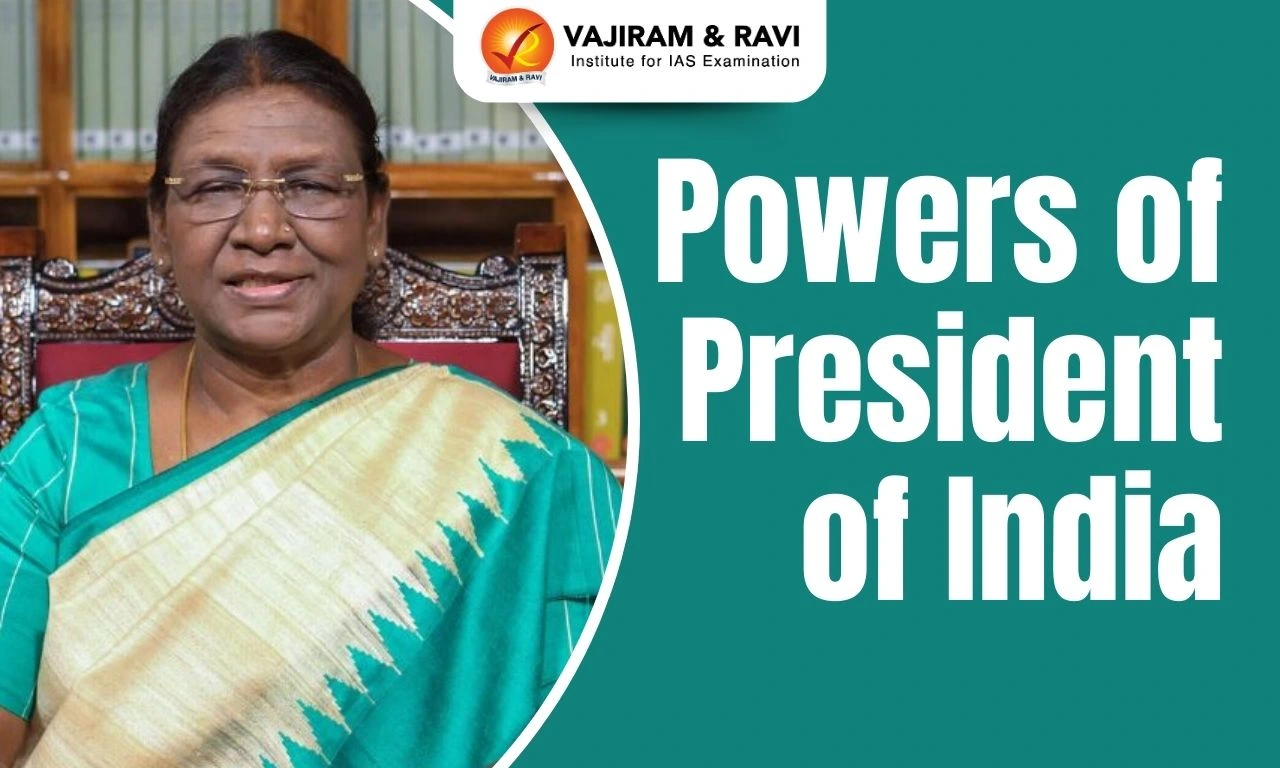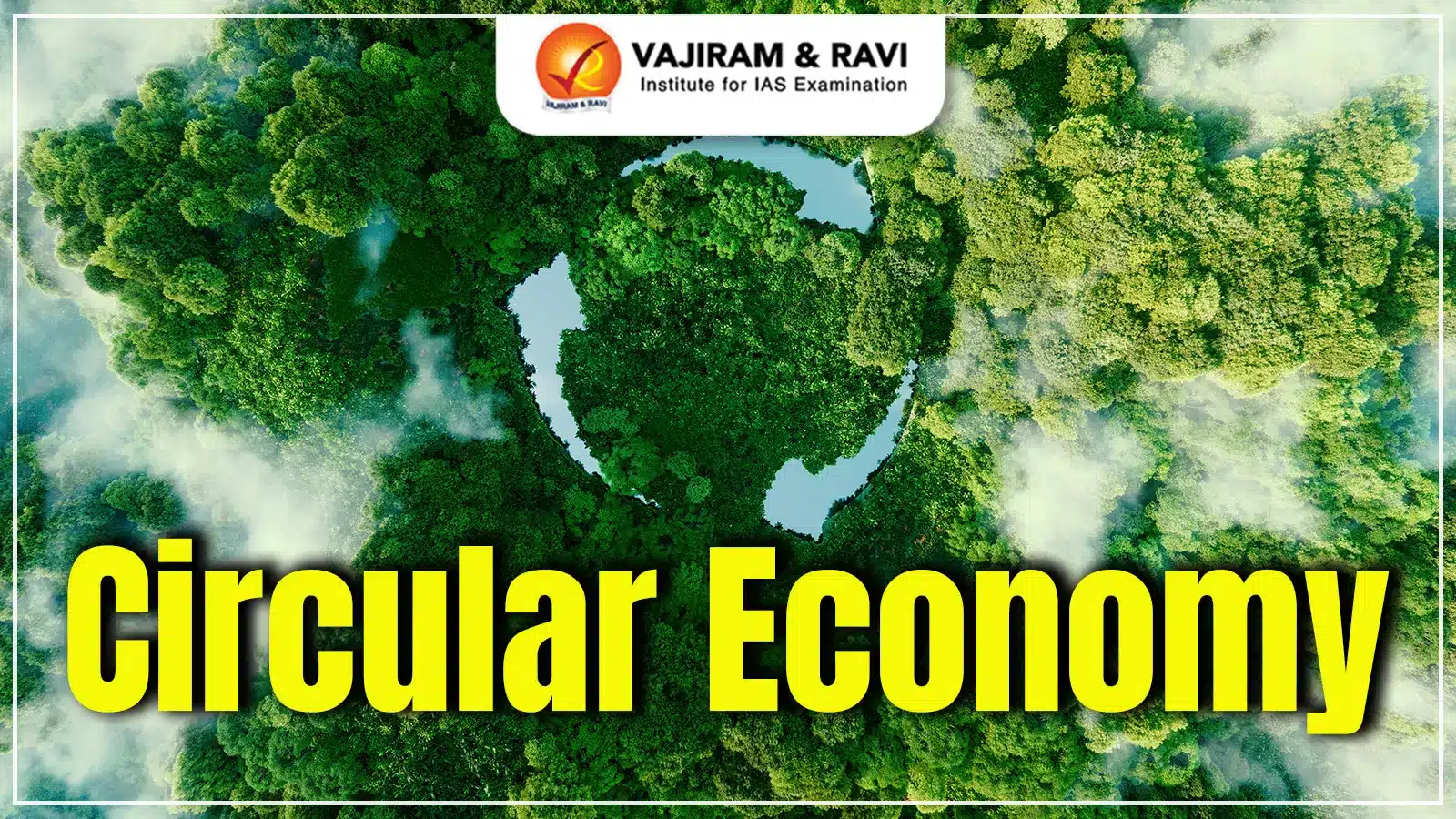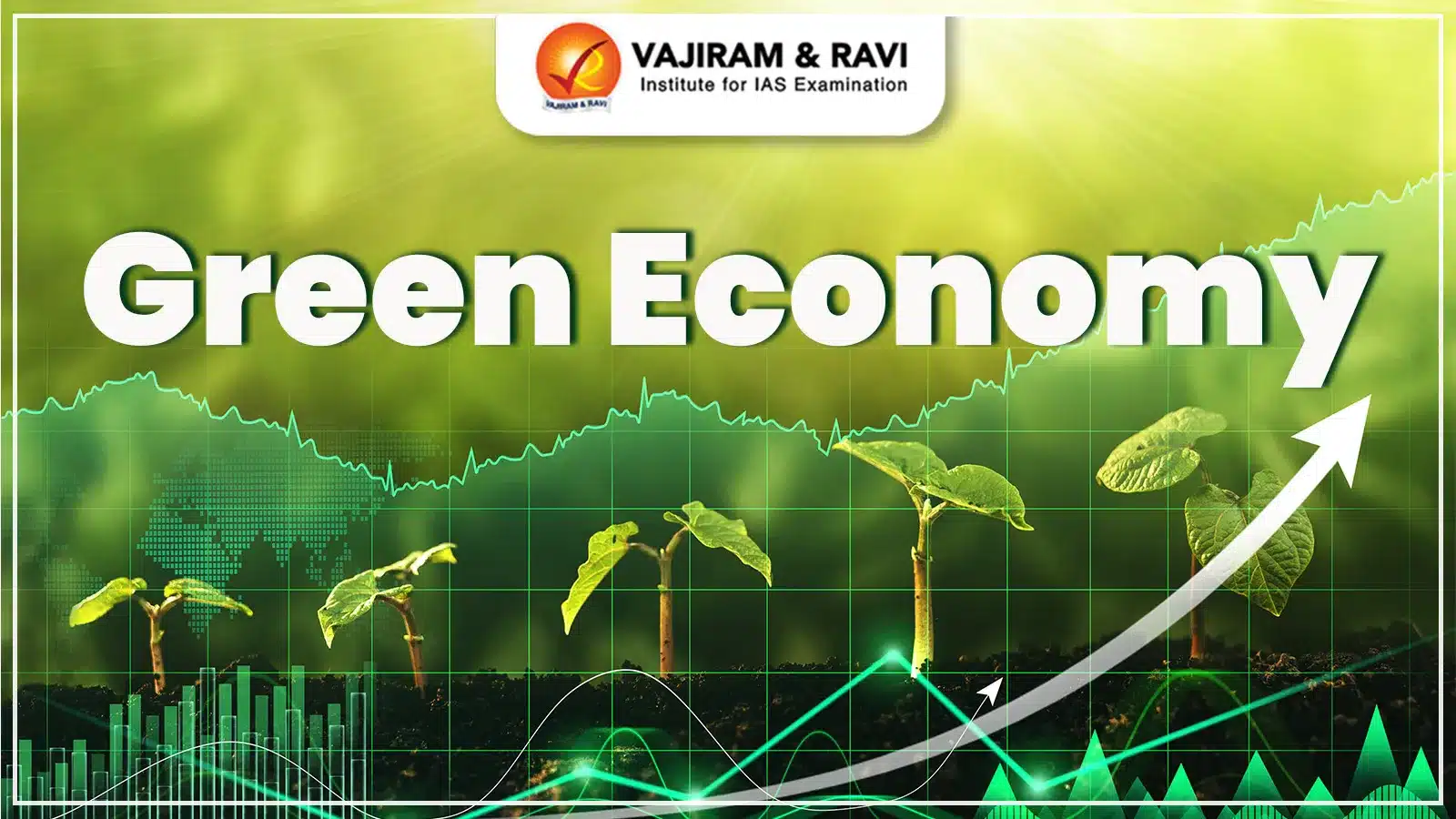The powers and functions of the President of India are crucial to the country’s governance, as outlined in the Constitution. While the President’s role is largely ceremonial, they hold significant powers in areas like the legislative, executive, financial, and judicial domains. The President can summon and prorogue Parliament, give assent to bills, and address the nation in times of need.
Beyond these duties, the President of India also exercises executive authority, including the appointment of key officials such as the Prime Minister and Governors. As commander-in-chief of the Armed Forces, the President is responsible for national defense and emergency decisions to protect the Constitution and the nation’s stability.
President of India About
The President of India, serving as the head of state and first citizen, fulfills a ceremonial role separate from the government’s daily administration, which is handled by the Council of Ministers (CoM). Despite this, the President plays a crucial role in safeguarding the Indian Constitution, shaping the nation’s direction, and serving as the commander-in-chief of the Indian Armed Forces. The main responsibilities of the President of India include:
- Ensuring the smooth functioning of the Government: The President has the power to appoint and dismiss government officials, including the Prime Minister, and to summon and prorogue sessions of the Parliament.
- Upholding the Constitution: The President is responsible for ensuring that the laws and actions of the government are in accordance with the Constitution.
- Representing India: The President represents India at home and abroad and receives foreign diplomats and dignitaries.
- Role in Legislative Process: The President also has a role to play in the legislative process.
Powers and Functions of President of India
To fulfill the role of the President as the head of state, the Indian Constitution grants the President certain powers and functions. These powers and functions are designed to ensure that the President can effectively serve as the head of the state and oversee the functioning of the government. The powers and functions of the President of India can be analyzed under the following categories:
Executive Powers of President of India
The executive powers of the President of India are crucial in ensuring the smooth functioning of the government. As the formal head of the executive branch, all actions taken by the government are carried out in his name.
- Authentication of Official Documents (Article 77): He has the power to establish rules for authenticating official documents and instruments, as well as to streamline the administration of government business and allocate tasks among ministers.
- Appointments (Article 75): He has the authority to appoint the Prime Minister and other ministers, as well as other key officials such as the Attorney General, the Comptroller and Auditor General, State Governors, etc.
- Request for Information (Article 78): He can also request information from the Prime Minister and other ministers. He can initiate investigations into the conditions of marginalized communities and promote cooperation between the central government and the states.
- Union Territory Administration (Article 239): The President has the authority to appoint administrators for Union Territories.
- Scheduled and Tribal Areas (Article 244): The President holds the power to declare areas as scheduled or tribal areas.
Judicial Powers of President of India
The judicial powers of the President of India play a crucial role in shaping the country’s legal framework. These powers include appointments to the judiciary, seeking legal advice, and exercising clemency in criminal cases.
- Appointments to the Judiciary: The President has the authority to appoint the Chief Justice and other judges of the Supreme Court and High Courts.
- Consultation with the Supreme Court (Article 143): The President can seek the advice of the Supreme Court on legal or factual matters, though the advice is non-binding.
- Clemency Powers (Article 72): The President has the power to grant pardons, reprieves, and commutations, as well as suspend or reduce sentences for individuals convicted of offenses.
Legislative Powers of President of India
The legislative powers of the President of India enable significant influence over the functioning of the Parliament. These powers include summoning and proroguing sessions, addressing the Parliament, and granting permission for the introduction of bills.
- Summoning and Proroguing Parliament: The President can summon and prorogue the Parliament and dissolve the Lok Sabha on the advice of the CoM headed by the Prime Minister.
- Summoning Joint Sitting: He summons a joint sitting of both Houses of Parliament, which is presided over by the Speaker of the Lok Sabha.
- Nomination to Rajya Sabha (Article 80): The President nominates 12 members to the Rajya Sabha with special expertise in literature, science, art, and social service.
- Sending Messages to Parliament (Article 86): The President can send messages to the Houses of Parliament, either concerning a bill or other matters.
- Addressing Parliament (Article 87): The President addresses the Parliament at the commencement of the first session after each general election and the first session of each year.
- Appointment of Presiding Officer (Article 93): The President appoints a member of the Lok Sabha to preside over proceedings when both the Speaker and Deputy Speaker’s offices are vacant.
- Disqualification of Members (Article 103): The President decides on questions related to the disqualification of members of Parliament in consultation with the Election Commission.
- Recommendation for Certain Bills (Article 117): The President’s prior recommendation or permission is required to introduce money bills in Parliament.
- Promulgating Ordinances (Article 123): The President can promulgate ordinances when Parliament is not in session.
Financial Powers of President of India
The President of India holds significant financial powers that are vital for managing the nation’s finances and ensuring proper allocation of resources. These powers, outlined in the Constitution, enable the President to influence budgetary decisions, grants, and financial allocations between the Centre and states.
- Prior Recommendation for Money Bills (Article 110): Money bills can be introduced in Parliament only with the President’s prior recommendation
- Union Budget Submission (Article 110): The President causes the Union Budget to be laid before Parliament.
- Recommendation for Demand for Grants (Article 113): No demand for a grant can be made except on the President’s recommendation.
- Contingency Fund Advances (Article 267): The President can make advances from the contingency fund of India to meet unforeseen expenditures.
- Constitution of the Finance Commission (Article 280): The President constitutes a Finance Commission every five years to recommend the distribution of revenues between the Centre and the states.
Diplomatic Powers of President of India
The diplomatic powers of the President of India are integral to representing the country on the global stage and managing international relations, which include:
- Negotiating and Concluding Treaties (Article 253): The international treaties and agreements are negotiated and concluded on behalf of the President. However, they are subject to the approval of the Parliament.
- Diplomatic Representation: He represents India in international forums and affairs and sends and receives diplomats like ambassadors, high commissioners, etc.
Military Powers of President of India
The military powers of the President of India are crucial for the nation’s defense and perform the following functions:
- Supreme Commander of Armed Forces {Article 53(2)}: The President is the supreme commander of India’s defense forces and appoints the chiefs of the Army, Navy, and Air Force.
- Declaration of War and Peace: He can declare war or conclude peace, subject to the approval of the Parliament.
Emergency Powers of President of India
In addition to the normal powers mentioned above, the Constitution confers extraordinary powers on the President to deal with the following three types of emergencies:
- National Emergency (Article 352)
- President’s Rule (Article 356 & 365)
- Financial Emergency (Article 360)
Limitations upon the Powers of President of India
The Constitution of India limits the President’s powers to ensure that the President does not become too powerful and to maintain the separation of powers among the branches of government. Some limitations on the President’s powers include
- Subjection to Constitutional Provisions and Laws: The President’s powers are subject to the provisions of the Constitution and the laws passed by the Parliament.
- Bill Approval and Return: The President can either sign or return a bill passed by the parliament. If the President signs the bill, it becomes law.
- If the President returns the bill before it becomes law, the same bill can be reintroduced and passed by the parliament again, and the President is bound to give the assent.
- Bill Approval and Return: The President can either sign or return a bill passed by the parliament. If the President signs the bill, it becomes law.
- Advice of the Prime Minister and Cabinet: The President’s exercise of executive powers is subject to the advice of the Prime Minister and the Cabinet.
- The President is bound by the Constitution to act on the recommendation of the Prime Minister, and the final order is eventually issued by the President.
- Judicial Review: The President’s powers are subject to review by the judiciary. The judiciary can examine the decisions made by the President, including the President’s power to grant pardons and reduce sentences.
- Limited Legislative Powers: The President has limited legislative powers, confined to summoning and proroguing the sessions, issuing ordinances and giving assent to the bills, and dissolving the Lok Sabha, the lower house of the Indian Parliament.
- Conditional Pardons and Sentence Reduction: The President’s power to grant pardons and reduce sentences is subject to the advice of the CoM.
- Term and Impeachment: The President’s term in office is limited to five years, and the President can be impeached by the Parliament for violation of the Constitution.
- Approval for Emergency Declaration: The President’s power to declare an emergency is subject to the approval of the Parliament.
Hence, The President’s powers are subject to several checks and balances to ensure that the government maintains a balance of powers between the President, the CoM, and the Parliament.
Veto Powers of President of India
The President of India exercises veto powers to influence the legislative process, which includes absolute veto, suspensive veto, and pocket veto. Unlike the American President, the Indian President does not have a qualified veto. The veto power enjoyed by the executive in modern states can be classified into the following four types:
- Absolute veto: withholding of assent to the bill passed by the legislature.
- Qualified veto: which can be overridden by the legislature with a higher majority.
- Suspensive veto: which can be overridden by the legislature with an ordinary majority.
- Pocket veto: taking no action on the bill passed by the legislature.
President’s Alternatives on a Bill (Article 111): A bill can become an act only if it receives the assent of the President. When such a bill is presented to the President for his assent, he has three alternatives
- Give his/her assent
- Withhold his/her assent
- Return the bill for reconsideration
Discretionary Powers of President of India
The President of India has the following discretionary powers based on different situations (Situational Discretion):
- Government Formation Discretion: The President has discretion in inviting the leader or coalition of leaders to form a government when no party or coalition holds a majority in the Lok Sabha.
- Dissolving Lok Sabha: The decision to dissolve the Lok Sabha when the CoM loses its majority in the Lok Sabha is left to the discretion of the President.
- Reconsideration of Advice: The Indian President has discretionary powers to return the advice provided by the CoM and ask for a reconsideration of a decision.
Moreover, the President of India does not enjoy any constitutional discretion along the lines of the Governor of a state.
Powers and Functions of President of India UPSC PYQs
Question 1. If the President of India exercises his power as provided under Article 356 of the Constitution in respect of a particular State, then (UPSC Prelims 2018)
(a) the Assembly of the State is automatically dissolved.
(b) the powers of the Legislature of that State shall be exercisable by or under the authority of the Parliament.
(c) Article 19 is suspended in that State.
(d) the President can make laws relating to that State.
Answer: (b)
Question 2. Which of the following are not necessarily the consequences of the proclamation of the President’s rule in a State? (UPSC Prelims 2017)
- Dissolution of the State Legislative Assembly
- Removal of the Council of Ministers in the State
- Dissolution of the local bodies
Select the correct answer using the code below:
(a) 1 and 2 only
(b) 1 and 3 only
(c) 2 and 3 only
(d) 1, 2 and 3
Answer: (b)
Question 3. Under what circumstances can the Financial Emergency be proclaimed by the President of India? What consequences follow when such a declaration remains in force? (UPSC Mains 2018)
Last updated on June, 2025
→ UPSC Notification 2025 was released on 22nd January 2025.
→ UPSC Prelims Result 2025 will be out soon for the CSE held on 25 May 2025.
→ UPSC Prelims Question Paper 2025 and Unofficial Prelims Answer Key 2025 are available now.
→ UPSC Calendar 2026 is released on 15th May, 2025.
→ The UPSC Vacancy 2025 were released 1129, out of which 979 were for UPSC CSE and remaining 150 are for UPSC IFoS.
→ UPSC Mains 2025 will be conducted on 22nd August 2025.
→ UPSC Prelims 2026 will be conducted on 24th May, 2026 & UPSC Mains 2026 will be conducted on 21st August 2026.
→ The UPSC Selection Process is of 3 stages-Prelims, Mains and Interview.
→ UPSC Result 2024 is released with latest UPSC Marksheet 2024. Check Now!
→ UPSC Toppers List 2024 is released now. Shakti Dubey is UPSC AIR 1 2024 Topper.
→ Also check Best IAS Coaching in Delhi
Powers and Functions of President of India FAQs
Q1. Who appoints the Prime Minister of India?+
Q2. What is the President’s role in summoning Parliament?+
Q3. What are the types of veto powers of the President?+
Q4. Who is the Supreme Commander of India’s Armed Forces?+
Q5. What happens if the President returns a bill for reconsideration?+


















